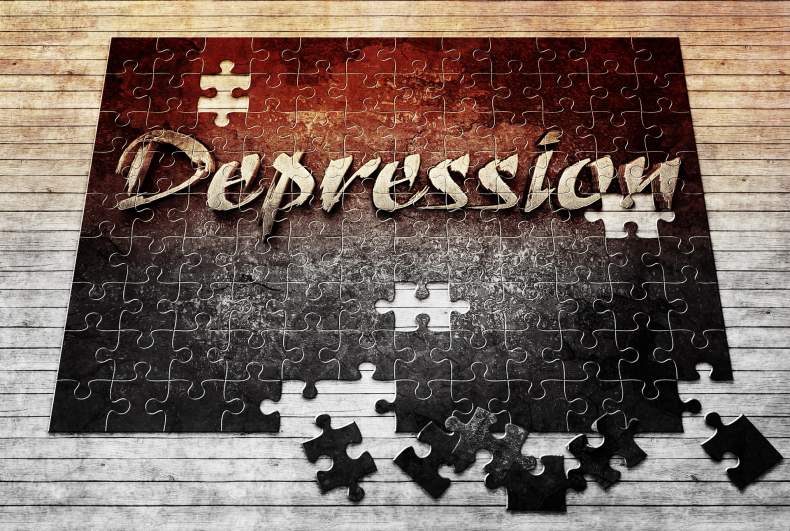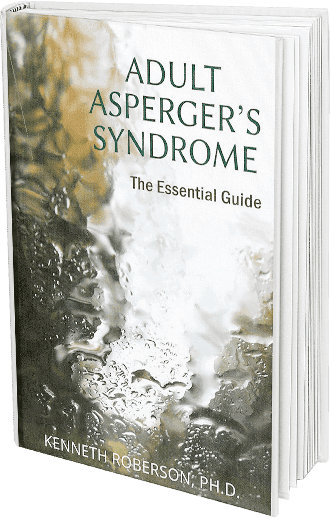
Lonely, hurt, angry, sad, misunderstood, isolated, desperate.
These are common feelings in couples where one or both spouses have Autism Spectrum Disorder. The reason is simple. Autism affects a person’s ability to read and understand the thoughts, feelings, and intentions of others. Without this ability, it is difficult to recognize and meet the emotional needs of a spouse. Communication is impaired, emotional and physical intimacy suffer, misunderstandings accumulate, and the bonds that keep the marriage together steadily erode.
Is there hope? Can an ASD marriage succeed? Are there solutions to the dilemma of Autism that allow two people to find the happiness and fulfillment they seek?
The answer is, yes. With the right understanding, a shift in expectations, the desire to change, and support from others, success is possible.
Gleaned from my years of working with ASD couples, here are the essential steps to make that success a reality.
- The diagnosis of Autism Spectrum Disorder must be accepted by both spouses. Change is not possible unless the problem is first agreed upon and consented to. Without this, nothing the couple can do will ultimately prevail.
- A person with ASD may desire to be in a relationship but it is not the same priority it is for others. The reality is, people with Autism and people without Autism Spectrum Disorder are as different as people from other cultures. They may look the same but they are driven by very different priorities, expectations, needs, and goals. The only hope for a successful marriage is to understand and accept the reality of these differences.
- Both partners must make a serious commitment to making the marriage work. This means accepting that both parties will need to make changes. It cannot be only a matter of one person being wholly at fault. Once both spouses accept this fact, a major barrier to change disappears.
- Whether it is one spouse or both who have Autism Spectrum Disorder, is it crucial to accept as legitimate the concerns expressed by the other spouse. Few people are willing to change when they are told that what they believe to be true is undeserving of consideration.
- Adjusting one’s expectations is crucial to the viability of the marriage. The neurotypical spouse must shift from seeking emotional connectedness primarily from the ASD spouse toward other sources of intimacy and understanding. The spouse with ASD must develop as much insight as possible into the reality of this condition, recognize the impact it has on the marriage, and cooperate with his or her partner in developing relatedness and mutuality.
- Similarly, both spouses must develop an appreciation of their differences, not disparage and criticize them. Both need to shift from focusing on what isn’t working to the values and strengths the other spouse brings to the marriage. Finding common ground is a key to success.
- It is pointless to blame the other person. It only inflames existing resentments and increases resistance to change. Only we make ourselves unhappy and miserable. No one else does.
- Don’t threaten to leave. It only erodes confidence in the commitment to the relationship and magnifies existing problems. Trust is difficult to restore once leaving is used as leverage to achieve one’s goals. There are more effective ways of resolving differences.
- Seek professional help. Love and commitment to the relationship are necessary for a successful marriage but they are not enough. What is also necessary are skills in communication, handling conflict, showing empathy, compromising, and providing nurturance and comfort. These skills require hard work and dedication in most marriages and even more so in an ASD marriage. Help from someone who understands Autism Spectrum Disorder and how it impacts a marriage can be invaluable, notwithstanding the time, effort and cost it requires. Investing in help may be the best decision you can make in improving a marriage.




